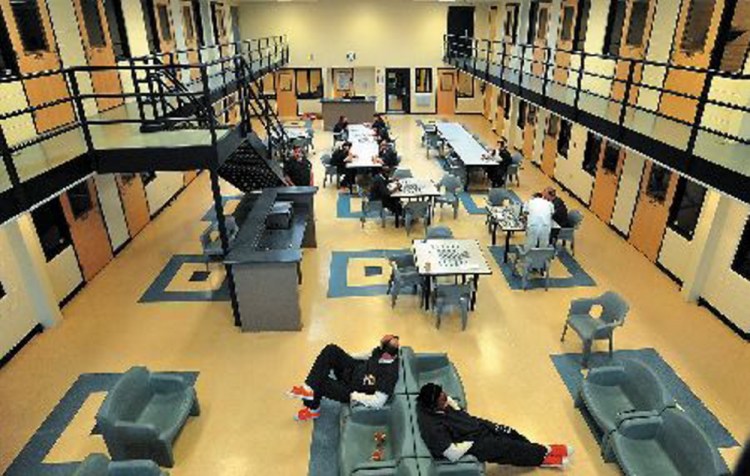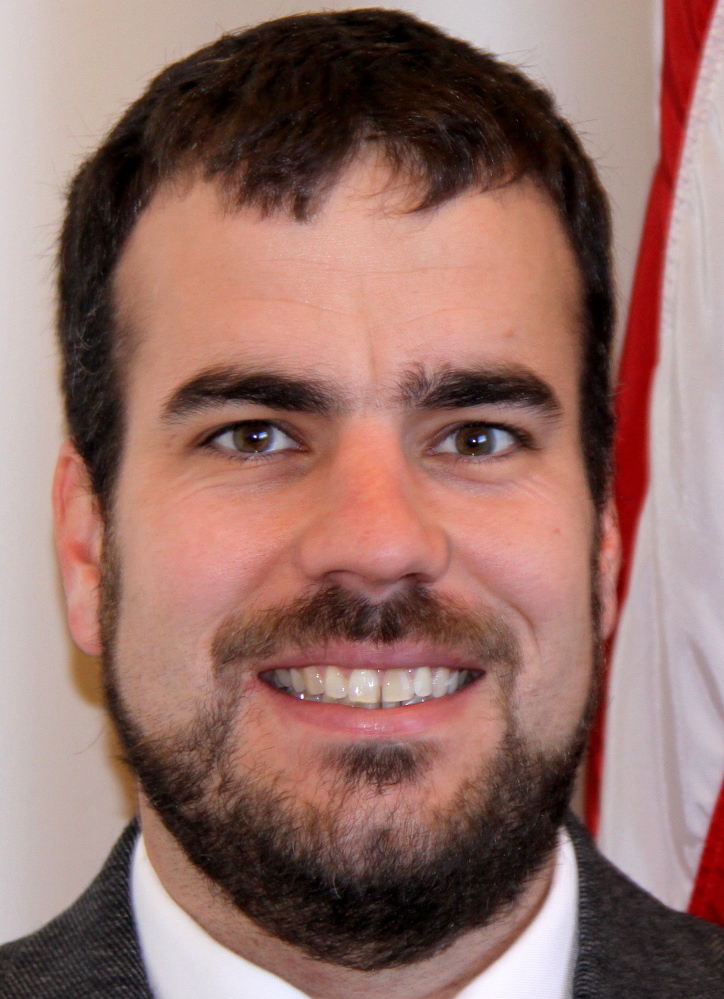Gov. Paul LePage on Friday vetoed a bill that would earmark an additional $2.4 million this year and next for the state’s county jails, drawing criticism from central Maine Democrats who said residents of the region will shoulder the burden if the legislation isn’t upheld.
The bill, L.D. 1614, was sponsored by Sen. Kim Rosen, R-Hancock, and was approved 115-32 by the House. It was approved in the Senate unanimously without a roll call.
In his veto letter to the Legislature, LePage said that “if the counties are responsible for operating the jails, then the counties should also be responsible for paying the costs of the jails.”
LePage noted that state funding to operate county jails is capped and if counties spend above the cap, the state is asked to provide supplemental funding to make up the difference.
“For too long, state taxpayers have had to pick up the tab for the cost of the county jails because, due to the cap, there is no incentive for counties to rein in jail spending,” LePage wrote. “In order to avoid my veto, a bill providing supplemental funding to the jails must also contain a provision doing away with the cap on county funding for jails.”
House Majority Leader Jeff McCabe, D-Skowhegan, said in a prepared statement Friday that legislators worked with sheriffs and other county officials on the bipartisan bill.
“We understand, especially here in rural Maine, that we must protect local property taxpayers,” McCabe said. “In communities like mine in Somerset County, property taxpayers are already being squeezed by inadequate school funding and sharp drops in mill valuations.”
The Legislature will take up L.D. 1614 and all other vetoed bills next Friday. It takes a two-thirds vote in both the House and the Senate to override a veto.
Rep. Lori Fowle, D-Vassalboro, said in a prepared statement that LePage’s veto suggested “that the Legislature should impose a tax shift on to local communities.”
“We as a committee and as the representatives of those communities rejected that,” said Fowle, House chairwoman of the Criminal Justice and Public Safety Committee, which first considered the bill. “I’m urging my colleagues to stand behind this bipartisan solution and override the governor’s veto next week.”
Last July, counties resumed control of the jails and the state eliminated the state Board of Corrections, which was set up when the system was consolidated in 2008. Last year’s de-consolidation was backed by the Maine Sheriffs’ Association, whose members told legislators at a meeting in January that the state’s county jail system is still working, thanks to cooperation among Maine sheriffs and despite significant challenges from crowding, complicated inmate needs and state funding shortfalls.
Under the jail law passed last year, $12.2 million was disbursed to the counties to help cover jail operations — an amount that’s less than the jails got from the state under the consolidated system.
At the January meeting, Joel Merry, president of the Maine Sheriffs’ Association, was asked how much state funding the jails needed annually, and he said $14.6 million. That’s the amount that was included in the original bill to reverse consolidation and was later reduced by the Appropriations Committee.
L.D. 1614 would make up the $2.4 million difference between the $12.2 million that’s been approved and the $14.6 million the sheriffs say is needed.
Send questions/comments to the editors.





